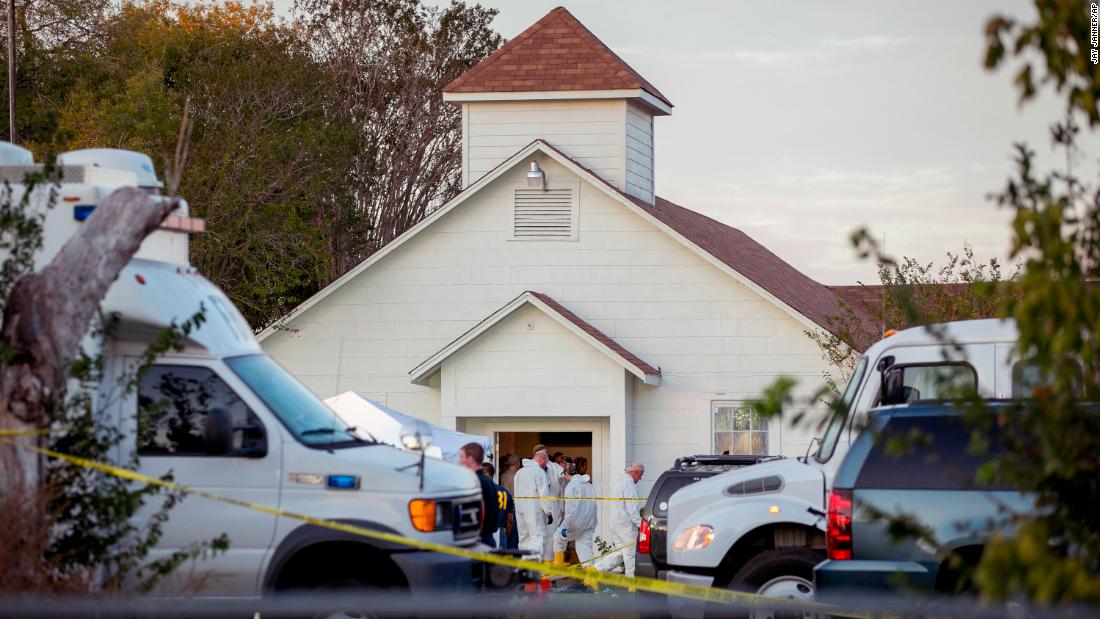
(11-20-17) I met Mark Tanner briefly while visiting a federal prisoner whose life story I told in my book The Hot House: Life Inside Leavenworth Prison, and was intrigued when Tanner later told me that he had penned a memoir that he soon hopes to get published. Tanner describes what happens in prisons, in this instance, an actual case that dealt with a prisoner with a serious mental illness. I hope he finds a publisher soon. Until then you can read more of his work at his website.
A Mental Health Case in Prison
Excerpt from upcoming book by Mark Tanner entitled Sallyport Life: Stories from Inside America’s Federal Prison and Parole Systems.
Tyrone Kelley 02567-135
I first met inmate Tyrone Kelley when he kicked me in the head while in the Special Housing Unit (SHU) at Allenwood Federal Prison.
He was being escorted by another staff member to the indoor recreation area when he broke away from the officer’s grasp and tried to head-butt him. I happened to be down range when I heard the commotion and ran toward them. The officer was struggling to get Kelley under control and they both fell to the floor. As I got there, Kelley was kicking his legs so I tried to grab them to help restrain him. Well, I missed one leg and he kicked me in the head. After a struggle, we finally got him under control, placed leg-irons on him then placed him in a holding cell. I had a nice headache for a while but nothing serious.
Kelley was an interesting case. He had severe mental health problems but when he was on his medications, he was reasonable. Kelley was from Kansas City, Missouri and began his criminal life at age 14. It started with truancy in 1964 and by the end of the year, he was arrested for possession of a handgun and a butcher knife. The courts ordered a term of probation and attendance in school. By May of 1965, he committed an armed robbery and was committed to the State Training School for Boys in Bonneville, Missouri. Kelley was paroled on 3/1/66 but was returned to custody seven months later as a parole violator. He was paroled a second time from the juvenile conviction on 7/25/67 at age 17.

 Merkel’s attorney, Robert C. Bonsib, declined to comment on the verdict. Merkel was placed on administrative leave after the Sept. 22, 2016, incident.In what he called “a difficult case,” Jackson said his verdict was guided by two events he deemed “somewhat extraordinary”: that Merkel’s actions so bothered fellow officers they reported them to supervisors, and that the homeless woman, while incoherent, had her “sensibilities offended,” according to her testimony.Events began about 1 a.m. that morning when Merkel was on patrol and encountered the sleeping woman in front of a closed pawnshop in Lanham, attorneys in the case said.
Merkel’s attorney, Robert C. Bonsib, declined to comment on the verdict. Merkel was placed on administrative leave after the Sept. 22, 2016, incident.In what he called “a difficult case,” Jackson said his verdict was guided by two events he deemed “somewhat extraordinary”: that Merkel’s actions so bothered fellow officers they reported them to supervisors, and that the homeless woman, while incoherent, had her “sensibilities offended,” according to her testimony.Events began about 1 a.m. that morning when Merkel was on patrol and encountered the sleeping woman in front of a closed pawnshop in Lanham, attorneys in the case said.





